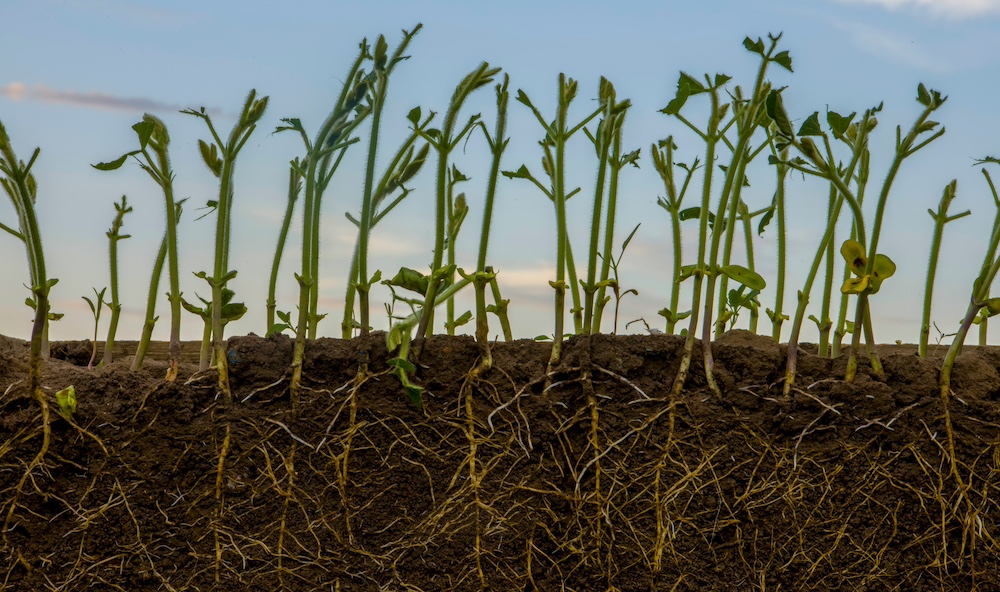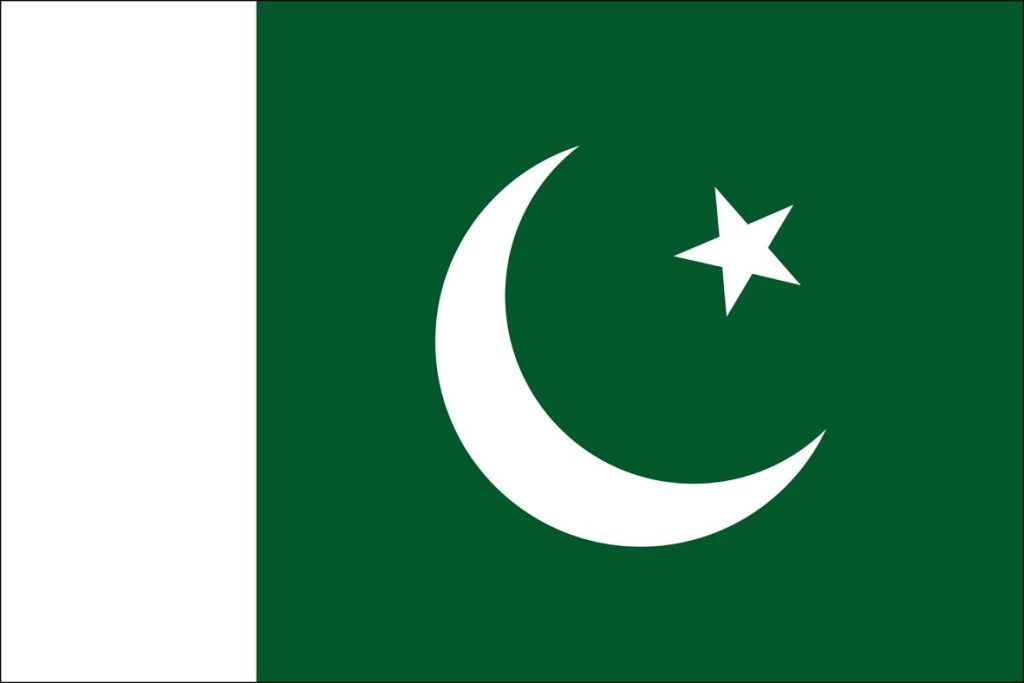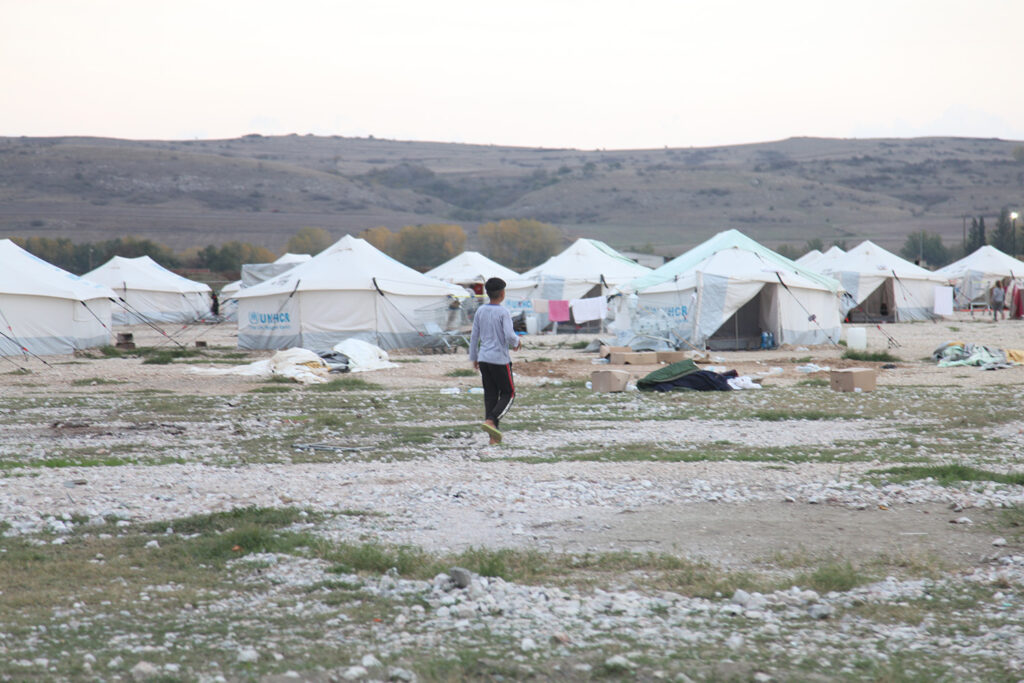Why Root Causes Are Important
The debate surrounding the events of September 11 is being clouded by sloppy logic and analysis in the haste to say something — anything — that makes sense of the situation. One issue that has become clouded is whether it’s reasonable to talk about terrorism’s “root causes.”









